|
Filed By:
Gabriel Ponniah, Editor In Chief ATX Screen Scene The native Aboriginal people of what we today call Australia have long endured an unjust relationship with the country’s colonial powers, and the incompatibility between the two peoples’ lifestyles comes to a head when discussing the environment. A tenant common across various sects of Aboriginal culture emphasizes the relationship between the people and the land, a bond of such importance that it can be helpful to dissolve the boundary between the two concepts entirely. It’s this relationship that is at the center of Teresa Carante’s short documentary film Uncle Max & Draken. Max ‘Dulumunmun’ Harrison was initiated into the ancient ways of the Yuin culture on the south coast of New South Wales in one of the few corners of the island where such traditions have withstood colonial pressures. His pet dingo, Draken, accompanies him in the documentary, helping to illustrate the concept on which he narrates for the length of the short. Carante tells a visual story of an elder caring for his companion dog while Max regales the filmmakers on the importance of connecting with nature—an efficient way to underscore thematics in this brief, yet effective 4-minute project. Max has written several books that hope to illuminate and preserve the rich and beleaguered culture of which he is a part, and his name commands respect in Aboriginal and colonial Australian circles alike. In Draken, we see the struggles of Max’s people wrought upon the land, that is to say the environment. Dingoes are nomadic, says Max, and the colonizers who put fences around them to maintain the illusion that man is separate from his environment demonstrate a fundamental misunderstanding of perspective and difference in respect—one which mirrors the ways in which colonial powers have mistreated the Aboriginals alongside the dingoes, and not unlike the United States’ ongoing mistreatment of indegenous peoples of North America. The disclaimer that opens Uncle Max & Draken warns Aboriginal and Torres Strait Islander viewers that the film may contain images of people who have passed away. When I had the good fortune to ask Ms. Carante about the meaning of that message at AniFab, she described the traditional avoidance practices of those peoples, that they don’t name or share likenesses of those no longer with us out of respect to the dead and to the grieving family of the deceased. The disclaimer underscores a theme which Uncle Max touches on: moving forwards as best we can. He mentions the pain and resentment of his people, festering for 300 years, and how letting go of that pain is essential to living, just as he’s had to do with regards to the pain associated with his eldest son’s suicide. Not long after AniFab 2021, Draken and Uncle Max passed away, rendering the aforementioned disclaimer all the more important to this powerfully moving, gut-wrenching, heartbreaking documentary short. To move forwards in the spirit of Max, we must reconnect with the land, support initiatives on behalf of Aboriginal people, and live Max’s three truths as laid out just before the film’s credits. But with regards to Max and Draken, we must let them and their memory return to the land while remembering their efforts, that we might preserve that from which we all come, and to which we will all, one day, return. |
Get tickets for any #AniFab22 screening:ATX Screen Scene
The ArchAngel of Austin Archives
January 2022
|

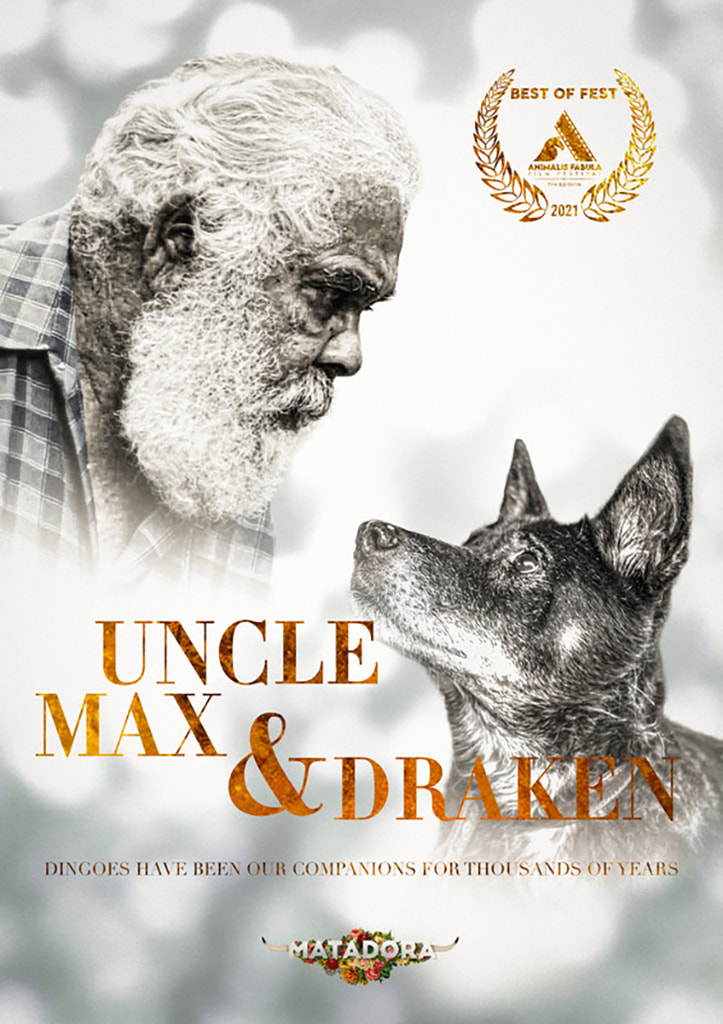

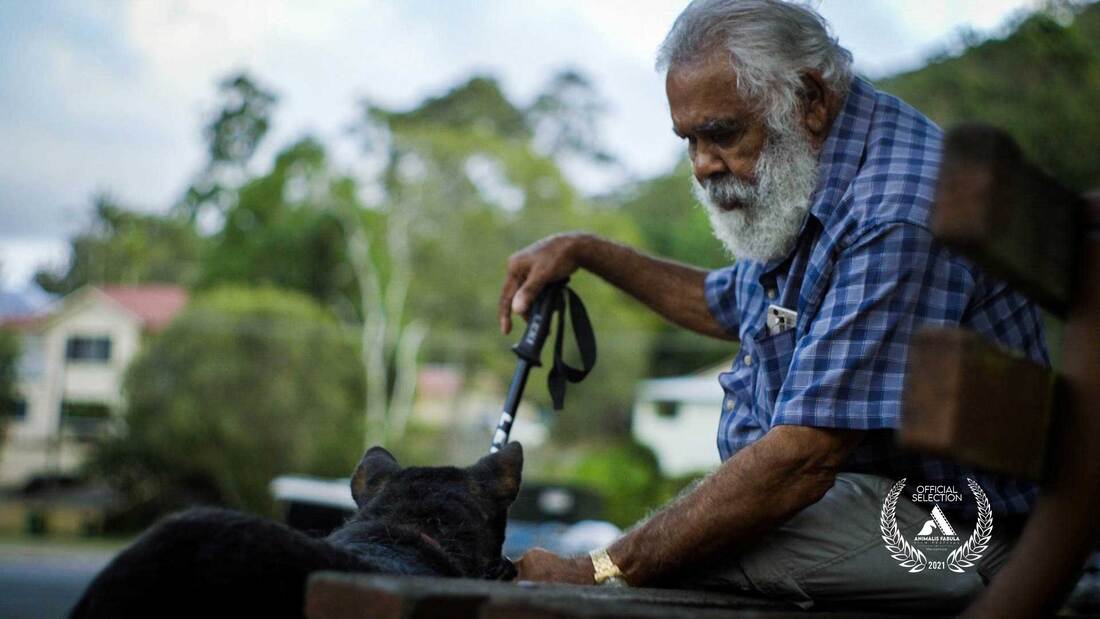
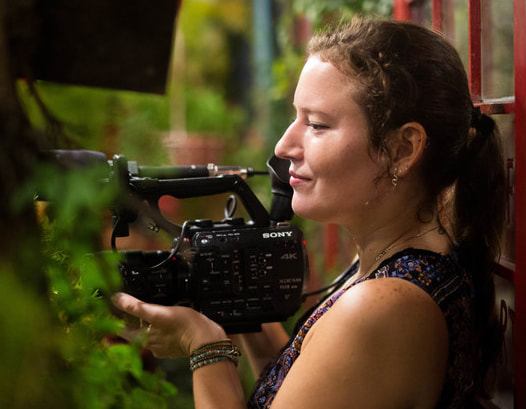

 RSS Feed
RSS Feed
